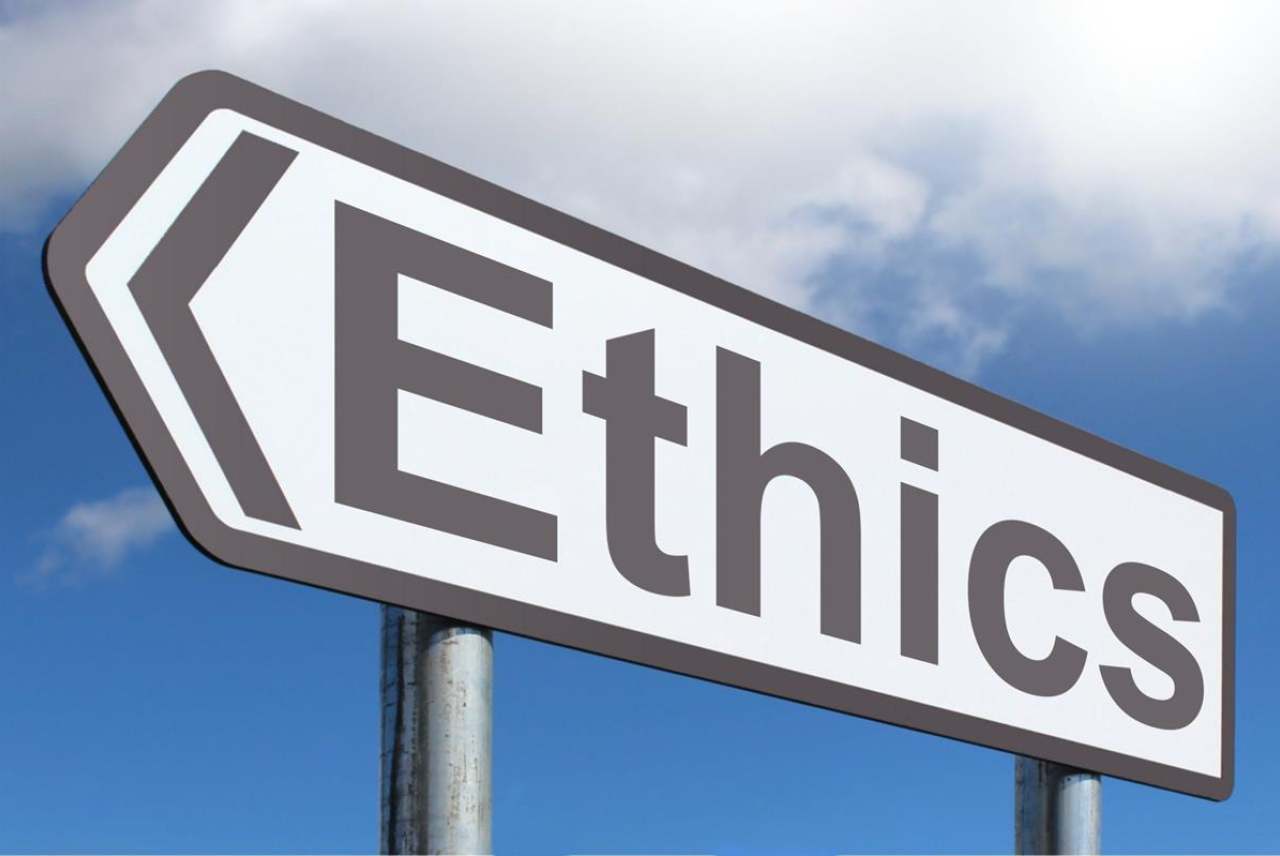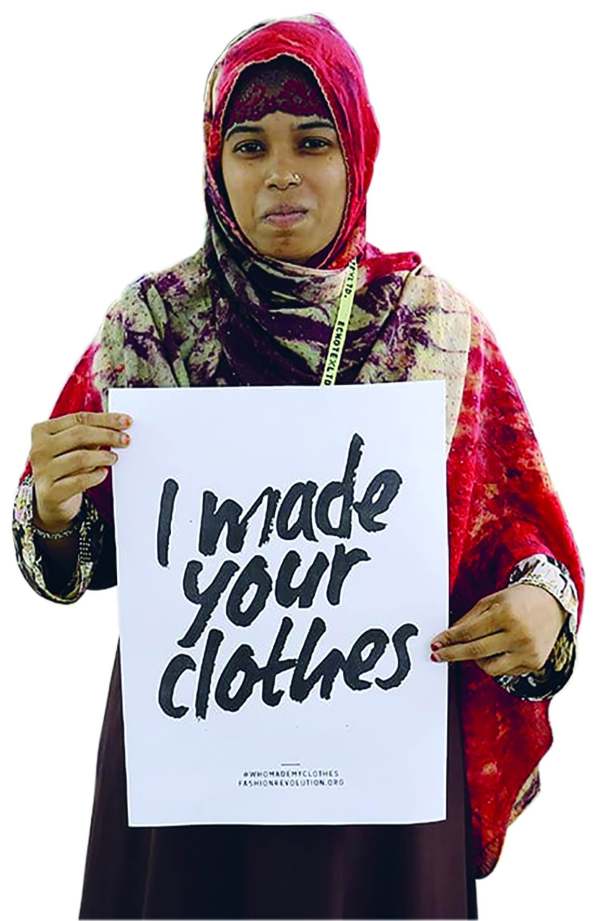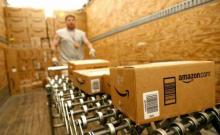1. Creating positive change
Everyday we analyse in detail the ethical policies and actions of companies with respect to animals, environment, people, and politics.
The most ethical companies have solid principles that make them clearly stand out from the rest.
For example some companies only produce innovative environmental alternatives, such as solar panels or organic fruit and veg.
Other examples include non-profit companies, co-operatives, certified B-Corps, completely vegan companies, or companies that only sell Fairtrade.
These all tend to be mission focused and put ethics above their bottom line.
One example of such a company is Fairphone, a Best Buy company in our guide to mobile phones. Fairphone stands out as a company that is committed to creating positive change.
It is a certified B Corp which shows that the company has made a commitment to ethical behaviour. It also creates modular phones that can be taken apart so different pieces can be replaced. This is virtually unheard of in the mobile phone industry, which is riddled by problems of e-waste.
2. Doing more for the environment
Our climate rating scrutinises what companies are doing to reduce greenhouse gas emissions.
The most ethical companies:
- report on their carbon emissions
- have reduction goals in line with international agreements like the Paris Accords
- aren’t involved in damaging industries like fossil fuels or aviation
- understand their role in causing climate change and don’t shy away from reporting on it.
Environmentally-conscious companies have high quality environmental reports that are regularly updated. These show that the company understands the ways in which its activities affect the environment, and actively try to minimise damage.
They also have clear targets to improve behaviour, for example “to source 95% organic cotton by 2023”, making it more possible to distinguish between companies that say they’re trying and companies that are actively trying. If external organisations have verified their environmental report, even better.
Toxic chemicals is another issue ethical companies pay attention to. Some chemicals - like PVC - have a heavy toll on the environment not just when they're being produced, but during their lifetime and then later on, when they're disposed of. Ethical companies have clear statements saying they don’t use toxic chemicals or show a solid commitment to phasing them out.
The best companies show they value habitats and resources by being transparent about sourcing of products like timber and palm oil. Responsible and sustainable resource extraction helps protect endangered species, ecosystems and rainforests.
For example, to receive more points in our climate rating category, companies should clearly show how their emissions are being reduced year on year, have plans to reduce further, and set targets in line with international climate goals. Currently in the supermarket guide, the Co-operative group scores the highest for this category.
3. Putting people first
When a company puts effort into demystifying their supply chain it’s a promising sign that it might be ethical.








